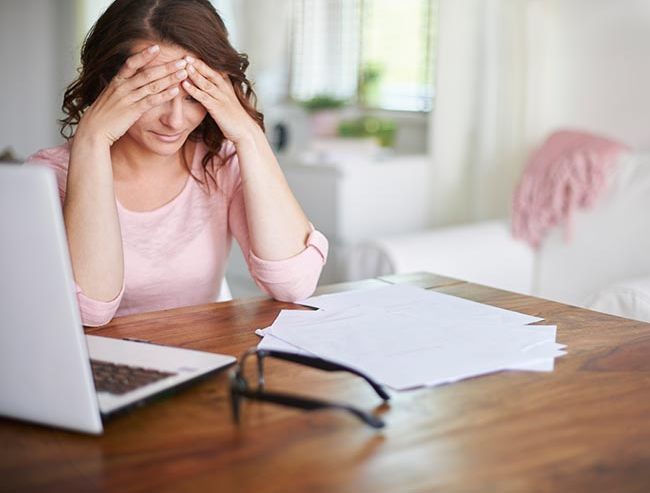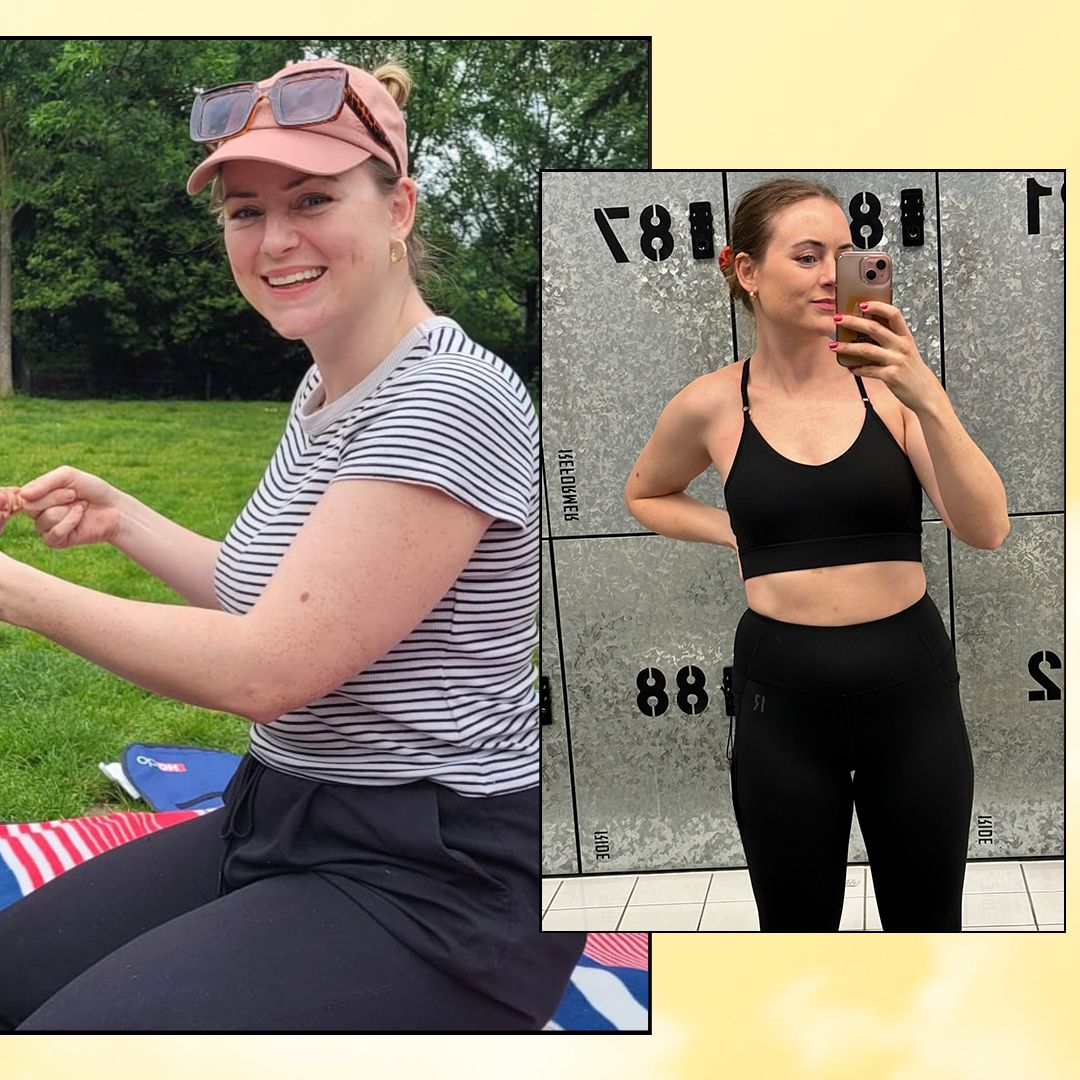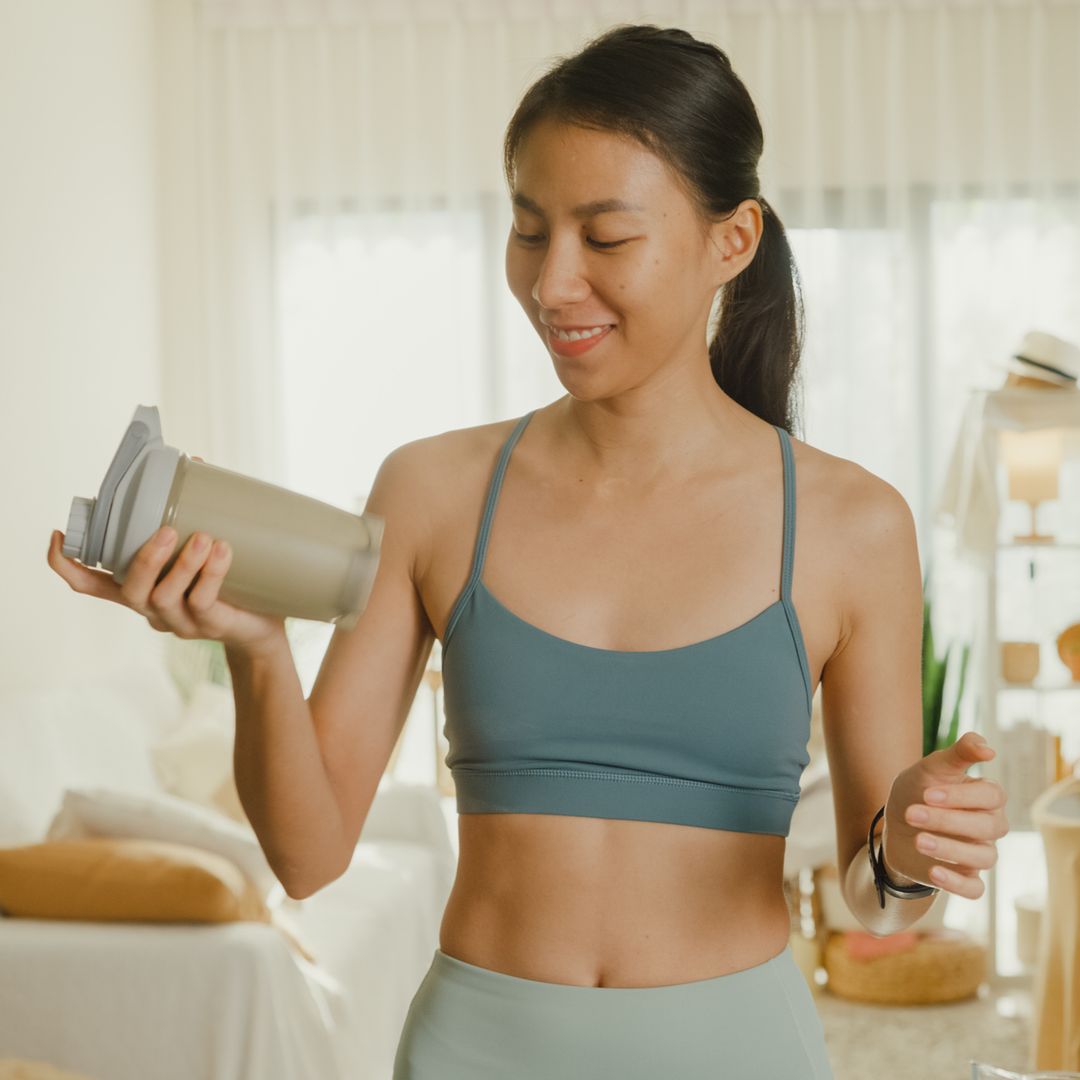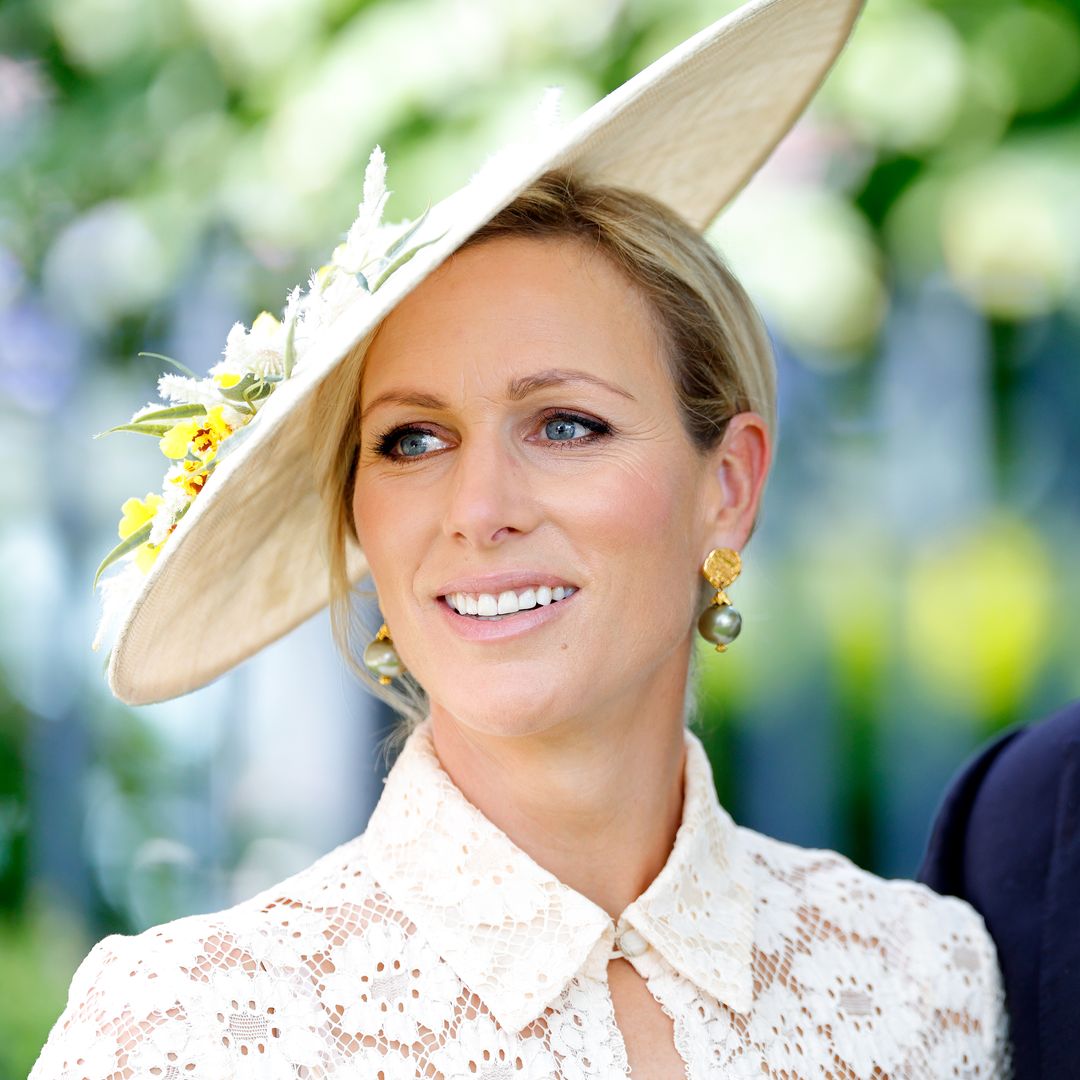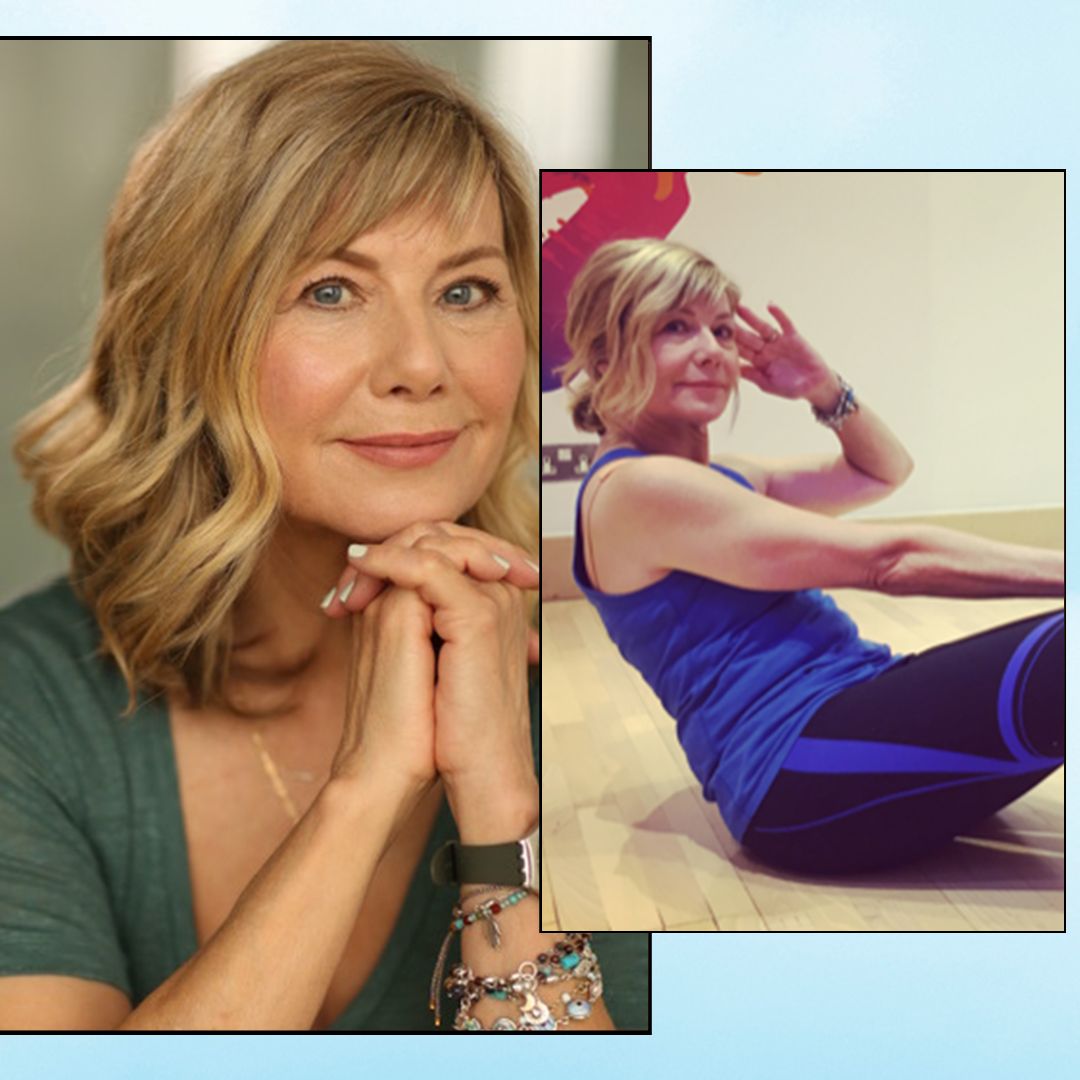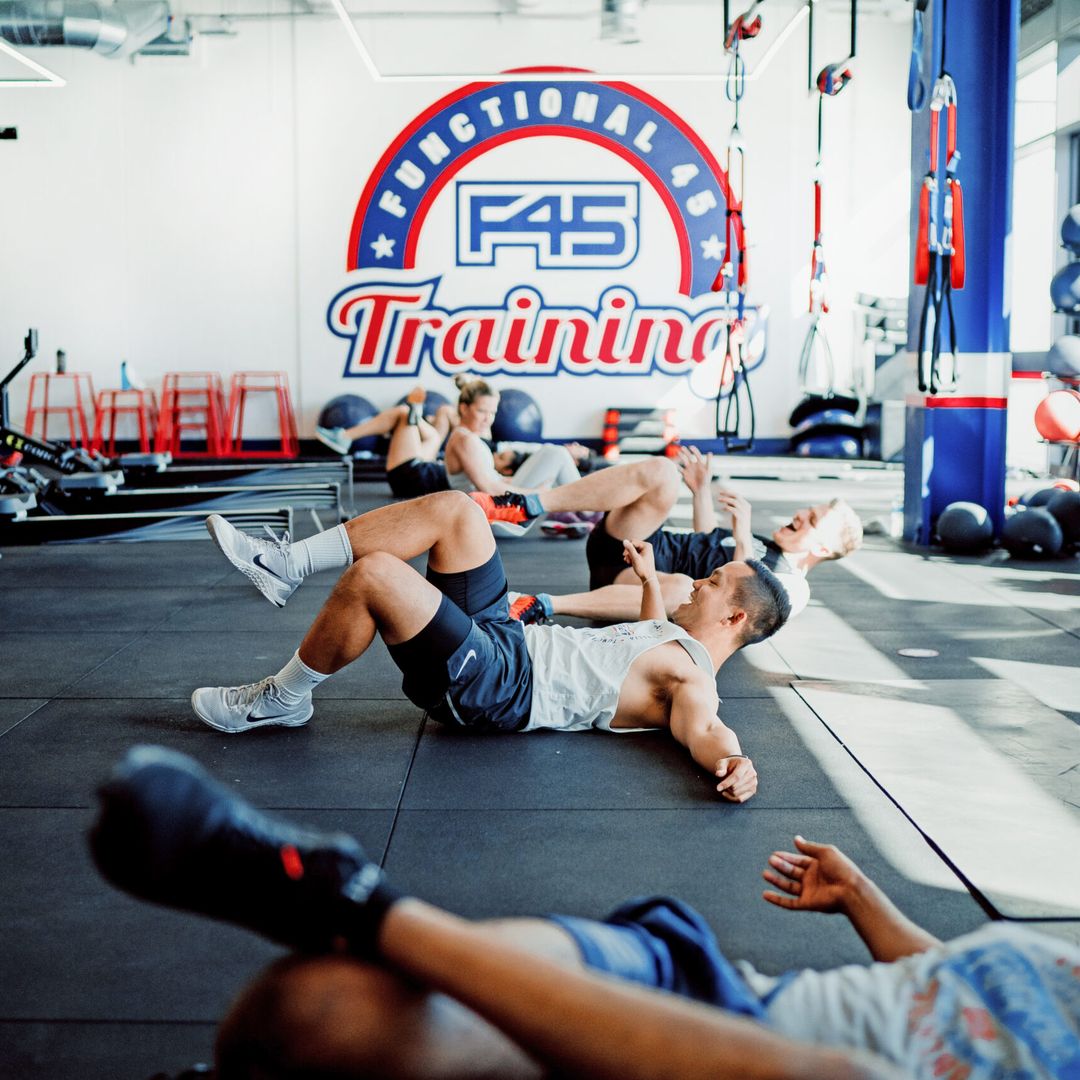Kourtney Kardashian recently opened up about her struggle with anxiety, revealing that it often leaves her unable to eat. "I'm generally not a nervous person but I get anxious," she wrote in a post on her website. "I also get nauseous and feel like I can't eat when it is really bad, but I force myself to stay healthy."
The reality TV star admitted she turns to exercise to help her manage her anxiety, explaining that "exercise is as much about my body as it is about calming my mind".
As well as exercise, there are many ways you can try to handle stress and anxious feelings. We spoke to Clinical Psychologist Victoria Sullivan from Nightingale Hospital London to get her top tips for coping with anxiety…
Kourtney Kardashian revealed exercise helps her cope with anxiety
Avoid avoiding
Avoidance can feel like a great solution, and it’s something everybody does. For example, you may feel anxious and scared about going to a party where you don’t know anyone. You decide these anxious feelings are intolerable, so make the decision not to attend, and feel immediately better. Problem solved…. until the next anxiety-provoking social situation, where you are likely to feel even worse (all the anxiety of last time, plus the knowledge that you avoided).
Be realistic
What’s genuinely the worst that can happen? No, not that dream where you find yourself naked in front of a full lecture theatre, but the worst realistic outcome, for example, giving a presentation and forgetting what to say, or talking too fast. Once you’ve identified this you can problem solve and think of ways to manage it.
Notice anxiety-triggering thoughts
Try and recognise the thoughts that make you feel anxious or panicky. For example, if the prospect of air travel makes you think 'my plane will crash' then it is understandable that you would be highly anxious about boarding a plane, whereas if you thought instead ‘air travel is one of the safest modes of transport’ it is hard to feel as anxious.
If you think you're suffering from anxiety speak to your GP
Don't add pressure with high expectations
Be aware when you are setting higher standards/more stringent rules for yourself than you would for friends/family/colleagues. These are unfair, difficult to attain, and will inevitably lead to increased anxiety. No-one is expecting you to be perfect!
Speak to other people
Fears and anxieties going round and round inside your head tend to get bigger and bigger. You don’t have to share all your fears, but even a brief chat about something that’s worrying you offers an opportunity to stop the fears growing, and maybe even reduce them.
Remember anxiety will pass
Anxiety is unpleasant, distressing, and often exhausting but it’s an intense emotional state that peaks and subsides quickly. However anxious you feel right now, it will pass.
Don’t self-medicate
Alcohol, food, shopping; most of us have something we use to manage difficult emotions and make ourselves feel better. Whilst these often provide brief respite, they don’t address the cause of the anxiety, and when used repeatedly they can become problems in their own right such as addictions, or financial problems. Even in the short term they can have a negative impact on mood and self-esteem - the bottle of wine that reduces your anxiety at the time might lead to guilt and feeling worse later.
If you think you are suffering from anxiety, visit your GP who will be able to advise you.

